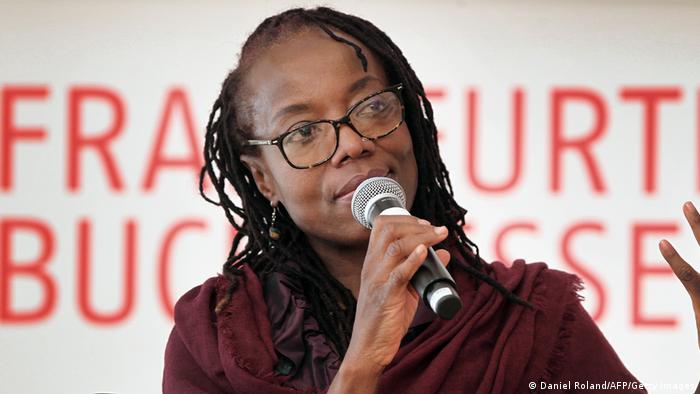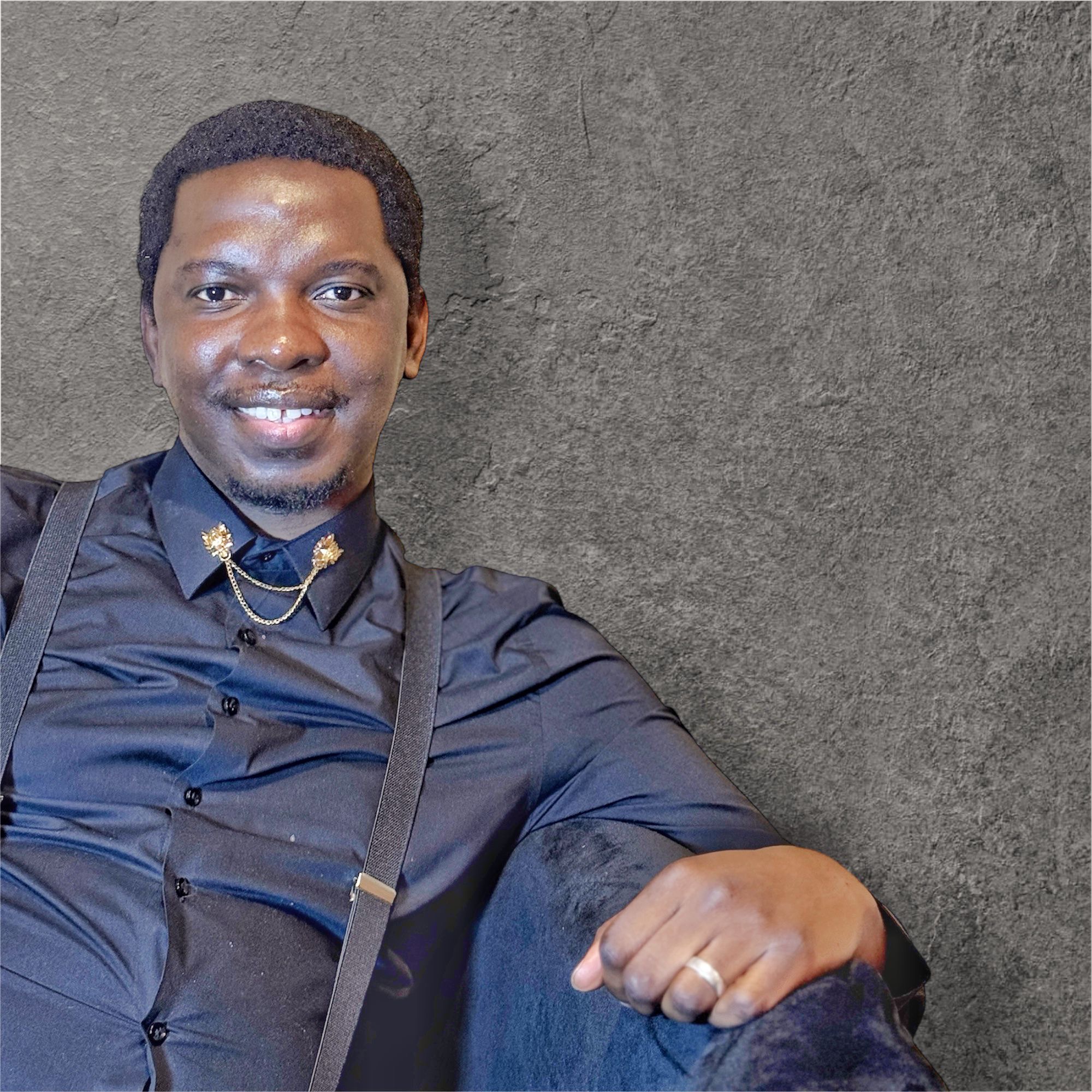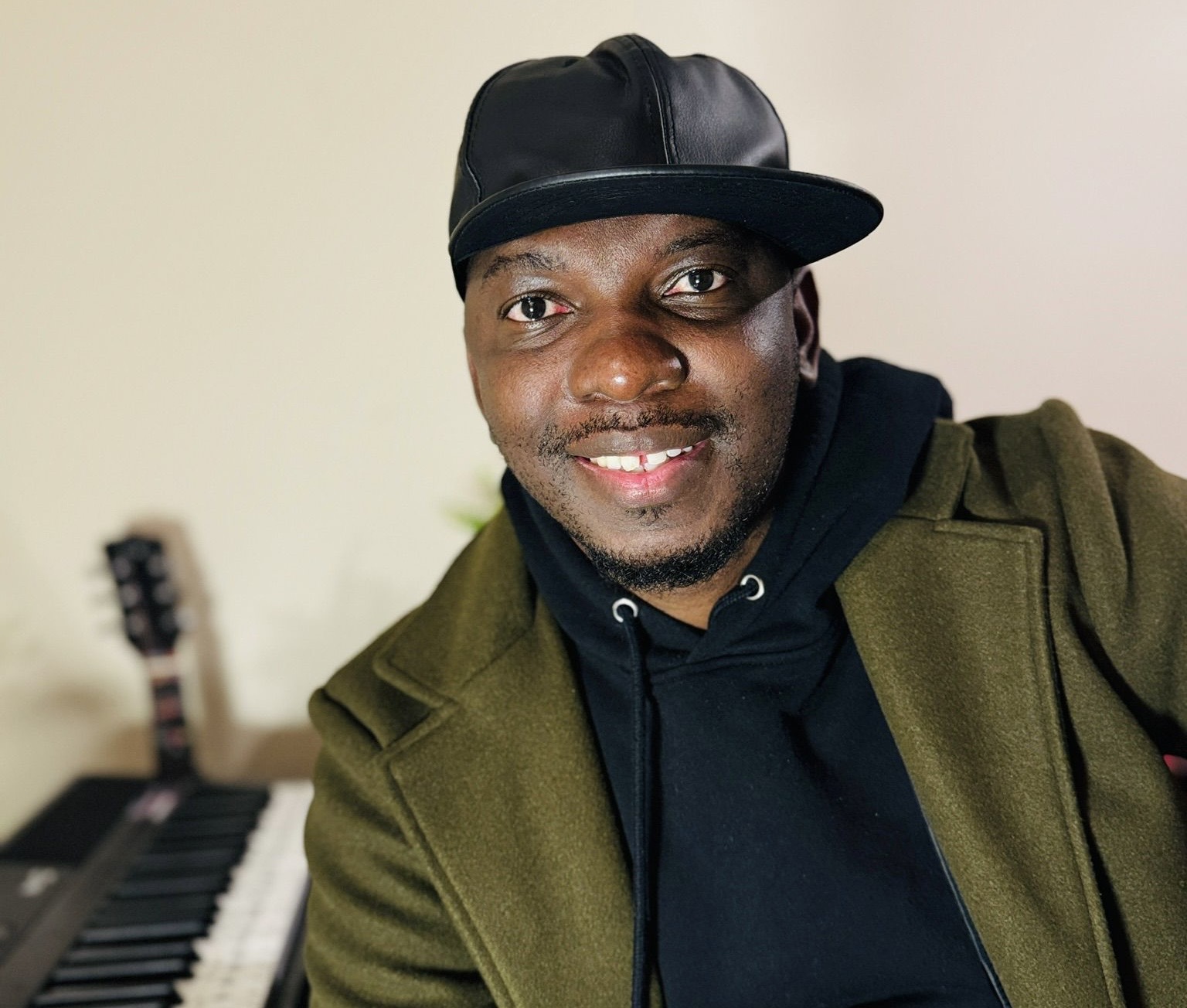HARARE – Tsitsi Dangarembga, born in 1959 in Southern Rhodesia (now Zimbabwe), studied psychology in her home country and later at the Film and Television Academy in Berlin.
Today she is one of the most important filmmakers in her country.
In her films, she has dealt with socially relevant topics such as Aids and violence against women.
She also actively supports young women filmmakers in her country and founded her film production company Nyerai Films in 1990.
As a writer, she gained international recognition with her trilogy of novels, Nervous Conditions (1988), The Book of Not (2006) and This Mournable Body (2018), which follow a young woman’s struggle for independence.
Tsitsi Dangarembga is also involved in the discussion surrounding looted colonial art in Berlin’s museums.
In her home country, she actively campaigns against corruption and was briefly arrested in July 2020 for protesting against the Zimbabwean government. Proceedings are currently still pending against her.
On October 24, Tsitsi Dangarembga will be honored with the 2021 Peace Prize of the German Book Trade at the Frankfurt Book Fair.
As a writer, she gained international recognition with her trilogy of novels, Nervous Conditions (1988), The Book of Not (2006) and This Mournable Body (2018), which follow a young woman’s struggle for independence.
Tsitsi Dangarembga is also involved in the discussion surrounding looted colonial art in Berlin’s museums.
In her home country, she actively campaigns against corruption and was briefly arrested in July 2020 for protesting against the Zimbabwean government. Proceedings are currently still pending against her.
On October 24, Tsitsi Dangarembga will be honored with the 2021 Peace Prize of the German Book Trade at the Frankfurt Book Fair.
DW spoke to her ahead of the award ceremony.
DW: You are the first woman from sub-Saharan Africa to be awarded the Peace Prize of the German Book Trade. How does that make you and other female writers from the African continent feel?
Tsitsi Dangarembga: I am thrilled and I am delighted.
For me, it has been quite a long road to this level of recognition and appreciation, and so I’m doubly grateful.
I think that seeing somebody that one can identify with, doing their thing and doing it well and succeeding and having the good achievement recognized, is always encouraging to other people.
DW: After the fall of long-time president Robert Mugabe and the accession to power of his deputy Emmerson Mnangagwa in 2017, your home country Zimbabwe remains mired in a deep crisis.
The population suffers from the socio-economic situation and massive human rights violations.
How difficult is the situation, especially regarding freedom of expression?
I think of freedom of expression in two ways. I think of it in the way that it is normally thought about, which is when somebody has said something, what are the consequences of that expression?
So indeed, we have repression with respect to freedom of expression.
We have a joke in Zimbabwe:
There is freedom of expression, but there is no freedom after expression.
So, people are aware that if you say certain things, there might be repercussions from the state.
Or if the state gets to know about it, which they often do, because it seems that there are people who are willing to inform the state about what people do and say.
For me there is another kind of freedom of expression: One can only express oneself if one has the means to do it, and this is increasingly difficult.
People can often not go on social media to express their views simply because data is so expensive.
Literature requires a lot of time for writing.
And because of the crisis in Zimbabwe and the fact that every day is such a grind to find just the basics for survival, people do not have the time and the leisure to sit down and reflect in peace to write what they might want to write.
To film is even more difficult because it takes a lot of financial resources now.
Financial resources in Zimbabwe are regulated by the state.
In one way or another, all businesses have to register with the state.
So, those bigger companies who might wish to maybe support creative narrative have to be careful about which narratives they support, because if there are narratives that do not support the state, then they could also get into trouble.
So, there is a level at which there is no freedom of expression because people, the resources, are withheld from certain groups of people.
Does that situation influence your work?
Yes, the situation does influence my work.
This is why, in fact, I have not produced a film of my own for many, many years.
And in terms of writing, that is why it takes so long [Editor’s note: she wrote her three books over three decades].
There is just so much else to do to manage to survive, to make sure that there’s food on the table, that I don’t have the space to sit down and write in the peace and quiet that I need.
After the independence in 1980, there were many very good and independent publishers and bookstores in Zimbabwe.
One of the best, maybe the best book fair in Africa was held in Harare.
All that came to an end. How hard is it to simply gain access to books at the moment?
Access to books in Zimbabwe is very difficult.
Books are now taxed when they come into the country.
They are exceedingly expensive and very few people have the credit cards that are necessary to buy books.
And so, in fact, people are reading less and less.
People are still interested in producing narrative, but the publishing industry has collapsed alongside the other industries in the country and certainly the creative industries.
There are very few industries in Zimbabwe that are still functioning, and so it is very difficult for any young person in Zimbabwe to think about a career in writing.
We find that the writers are tending to move to other countries, where there are industries in books and literature that they can participate in, and so really, the idea of literature and writing is not receiving support from the government or from any of the sectors that are actually still thriving.
From time to time you will find that NGOs will publish a book.
It might be fiction, it might be non-fiction but it is always within the context of the development narrative that cast Africa as a problem: “Africa is undeveloped.”
Therefore, it has this problem, which we have to tackle in this story.
It, therefore, makes the problem the protagonist, and it collapses the space between the individual in the story and the problem.
So it is actually a kind of narrative that has the effect of making African people identify with themselves as problematic, and so while I believe such narratives are produced in good faith, they do not in fact have a positive impact on the communities and societies that they are intended for.
So, it is very difficult at the moment for people to participate in the literary creation or to access books.
You stood up for more freedom, for more democracy in your country and you were arrested.
You appeared before court in September and you need to get back in December. How dangerous is the situation for you?
My situation in Zimbabwe is not particularly serious. Yes, I was arrested last year on the 31st of July after demonstrating peacefully with two posters and a friend.
I have been to court several times over 10 times now, and in September, the state was not ready to prosecute.
That simply means that they had not done the work necessary to be able to say yes, this case is now going to trial and so I will have another hearing on the 15th of December to find out what happens from there.
The award ceremony for the Peace Prize of the German Book Trade will take place on Sunday, October 24, 2021, in Frankfurt. – DW

 Slider3 years ago
Slider3 years ago
 National4 years ago
National4 years ago
 Tourism and Environment4 years ago
Tourism and Environment4 years ago
 Opinion4 years ago
Opinion4 years ago
 Special reports4 years ago
Special reports4 years ago
 National4 years ago
National4 years ago
 National3 years ago
National3 years ago
 National3 years ago
National3 years ago




